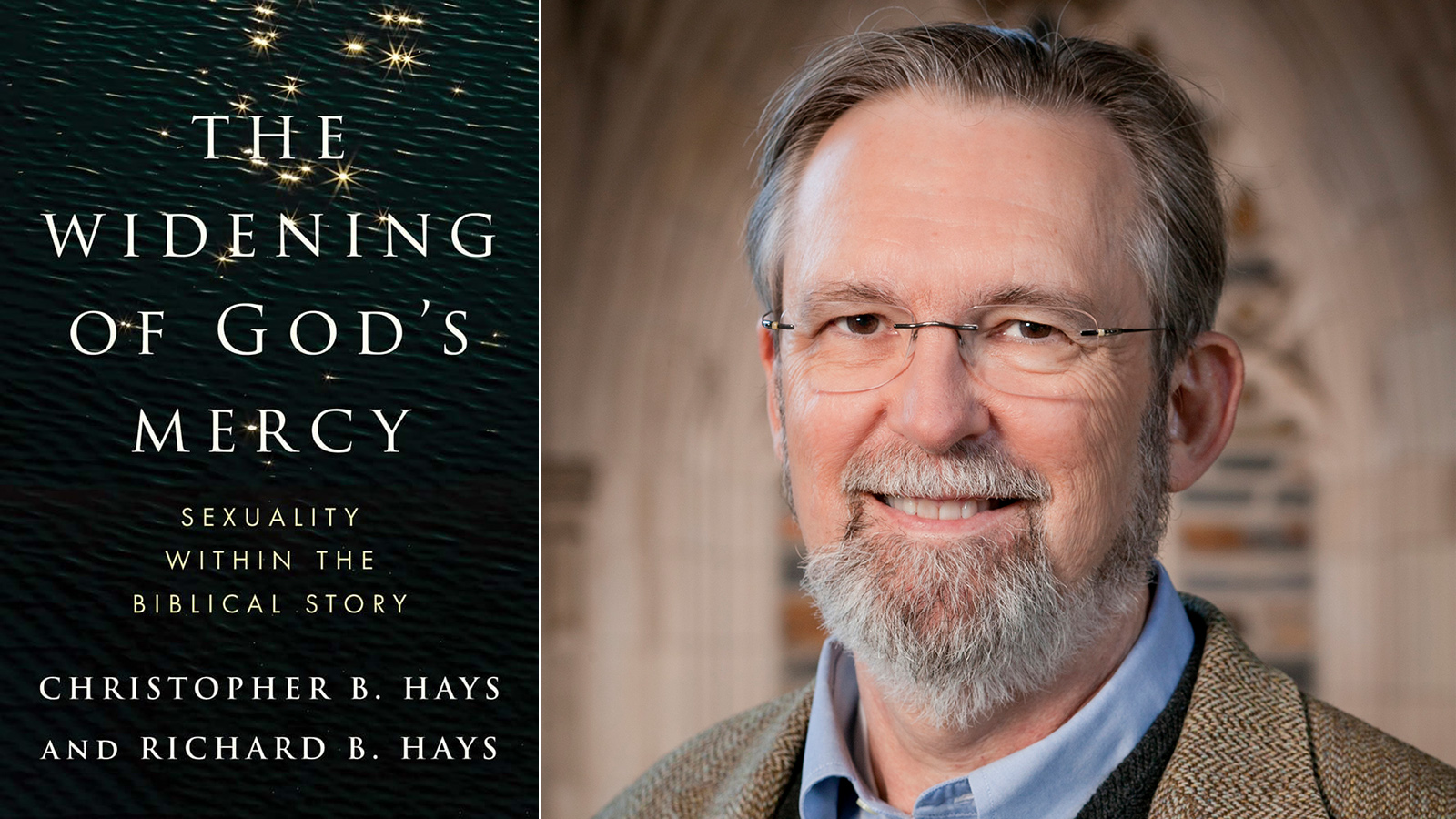(RNS)—Richard Hays, a renowned New Testament scholar and former dean of Duke Divinity School known for his influential books on Christian ethics and his change of mind about same-sex marriage, died Jan. 3, at his home in Nashville, Tenn., from pancreatic cancer. Hays was 76.
A former English teacher and pastor, Hays was a graduate of Yale University and Yale Divinity School and earned his doctorate from Emory University in 1981. He then returned to teach New Testament at Yale from 1981 to 1991 and then at Duke Divinity School until his retirement in 2018.
For much of his career, he was perhaps best known for his 1996 book, The Moral Vision of the New Testament, in which he argued same-sex relationships were “one among many tragic signs that we are a broken people, alienated from God’s loving purpose.”
His well-respected scholarly work was cited by Christian leaders who viewed same-sex relationships as sinful and who opposed LGBTQ affirmation in churches.
Last year, Hays publicly changed his mind—in what he described as an act of repentance for the way his work had been used to harm LGBTQ people and to divide Christians—in a new book, The Widening of God’s Mercy: Sexuality Within the Biblical Story, co-authored with his son, Christopher Hays, an Old Testament scholar.

In the book’s introduction, Richard Hays recounts how his brother initially balked at attending their mother’s funeral, because her church, where the service would be held, affirmed same-sex relationships. That prompted him to reflect on the place of LGBTQ Christians in the church.
Since 1996, Hays had been rethinking his interpretation of the biblical texts barring same-sex relations because of his experience of teaching gay students in seminary and seeing the faithful service of gay Christians in local churches, he told Pete Wehner in a New York Times interview last year, including Hays’ own congregation.
“The present book is, for me, an effort to offer contrition and to set the record straight on where I now stand. … I am deeply sorry,” he told RNS in 2024. “The present book can’t undo past damage, but I pray that it may be of some help.”
The new book was seen as a betrayal by conservatives who agreed with his former book. But Hays told National Public Radio he was at peace with his change of mind, though he knew it would cause controversy.
Sign up for our weekly edition and get all our headlines in your inbox on Thursdays
“So, there’s a sense in which I’m eating some of my own words, and I’m concerned that it will perhaps burn some bridges and break some relationships that I’ve cherished,” he told NPR. “But as I age, I wanted my final word on the subject to be out there. And so there it is.”
Hays initially was diagnosed with pancreatic cancer in July 2015 and at the time had been given a dire prognosis. But surgery and chemotherapy put his cancer into remission until 2022, when it returned. Despite more treatment, the cancer had spread by the summer of 2023, and eventually he went into hospice care.
This past fall, he wrote a health update asking for prayer, knowing the cancer would likely soon take his life.
“Over these past nine years, Judy and I have become practiced in looking death in the face,” he wrote. “We continue to trust that we are in the hands of a merciful God who loves us. And we continue to anticipate the power of the resurrection.
“It’s a hard thing to know with some certainty that I will not be here to watch my grandchildren grow up. But as in years before, we remain grateful for each new day in which we can join the Psalmist in proclaiming: ‘This is the day that the Lord has made; let us rejoice and be glad in it.’”
Hays is survived by his wife, Judy, and children Christopher and Sarah.
For the Baptist Standard’s response to Hayes’ book, The Widening of God’s Mercy see: Voices: Response to The Widening of God’s Mercy, Part I; Voices: Response to The Widening of God’s Mercy, Part II; and Voices: Three responses to The Widening of God’s Mercy.
















We seek to connect God’s story and God’s people around the world. To learn more about God’s story, click here.
Send comments and feedback to Eric Black, our editor. For comments to be published, please specify “letter to the editor.” Maximum length for publication is 300 words.